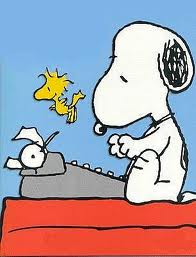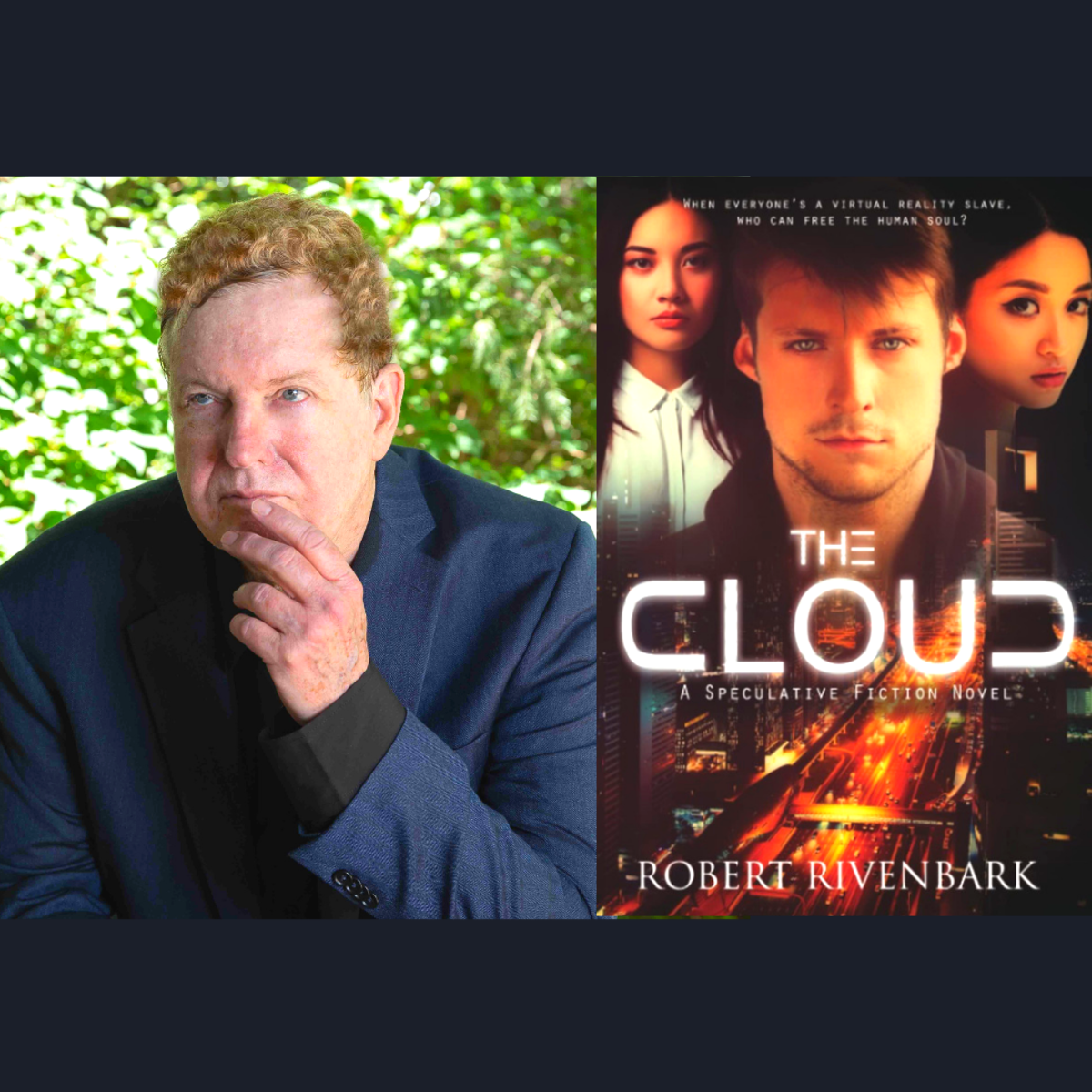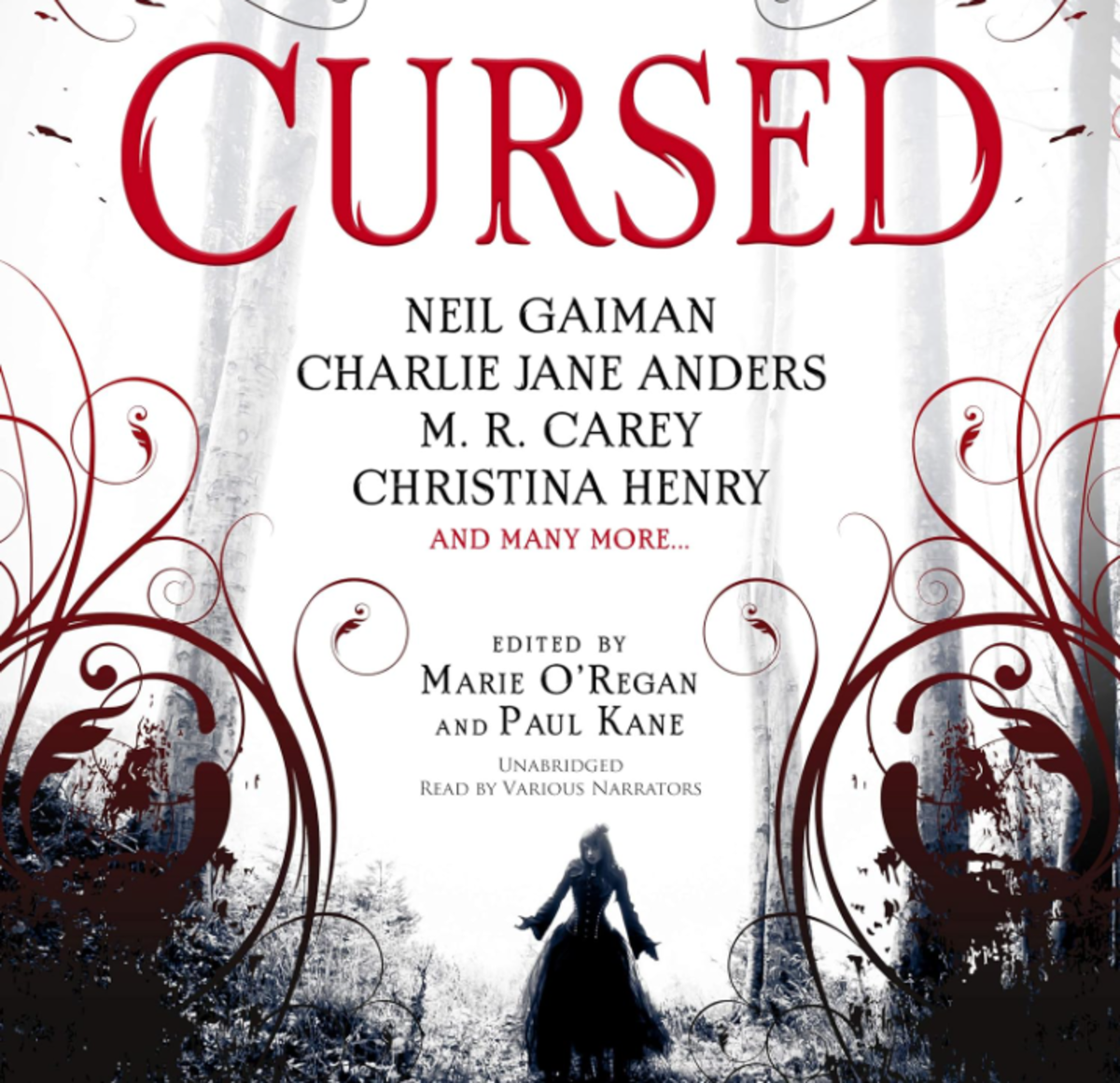Writing a Good Novel
The Busy Writer

Hello Inspiration
Not to offend any body out there, but the adage "Anybody can writing" is not true in my experience. It is not due to lack of talent, or artistic ability in most cases it is a lack of passion, determination, a willingness to put parts of yourself, that may be very personal, onto the page, integrity and self-direction. A good writer, a real writer has these qualities.
I am talking about a creative writer of course, an author as opposed to a Journalist (though i believe that the good ones contain many of these qualities too.) In my experience a writer who is playing it safe, is not a writer at all. Writing is about getting ideas out to the world. It is an art, and like any other art the best is created when its creator is honest.
For those who have the passion, the drive, and the guts, I hope this blog will help you along your way.
Here is my first writer's checklist
How to gain inspiration:
- Keep a writer's notebook (if possible with you at all times,also a real notebook and writing utensil). This tool will be a great help. Write any idea that comes to you in this notebook. It will allow you to revisit ideas, and maybe even misread a previous thought, which could give you more inspiration than the original thought could have. They are also a good place for ranting.
- Make a list of your favorite words. Words you love the meaning of or even that you just like the sound or feel of. A good exercise can be to take this list and try to write a story or poem using as many of them as you can.
-
Go to a very public place. A School, park, library, even movie theater, etc. Anyplace that you can observe other people and their interaction.If you are more into nature, maybe a place you can observe animals. Interaction is what life is about, and life is what we right about. People watching is fine as long as you don't do it creepily.
- Look to your friends and family. I know i personally have a loud, crazy, big family, who have plenty of insane and entertaining stories from the past. As long as you have permission from the person it is fine to write about a event in someone else's life. Ex. My great-grandfather always used to go into the hall closet around dinner time, when asked why he did this he explained that he was taking his prescriptions and that he had to take them in the dark because it said on the bottle "don't expose to light".
- Look to TV, Movies,Music lyrics, Books you are reading. Issues and situations that your favorite Characters might be going through might spark something in your brain. Just be careful when doing this not to take over everything into your writing work, If you take too much than it becomes something called FanFiction. There are some great pieces of work out there that are Fanfiction, but it is a very hard genre to publish in because you have to deal with other's copyrights.
- Lastly but not least, Look at your own life. Sometimes events that occur to us can create our greatest work, because it is something we are so close to. It can also be cathartic, or help you hash out the truth about something that has happened and your feelings towards it. Just be careful not to just rant and be sure not to right on something too raw or that you can't handle confronting.
Well that is all for now.
Characters
There are writers who focus on plot and action heavily and the characters are just there along for the ride and there are those who value there characters very highly and make the story centralized very much around them. The latter is the way I personally write and even those who work the other way need to understand that in good interesting writing your characters are important. Even if they are just tools to further your plot or ploys in your action, they are a way to engage your reader even more.
It is natural, and human nature for us to look to relate and connect with what we use for entertainment whether it is for watching or reading. We are amazed and intrigued by human behavior and by the behavior of other creatures. A story without a character, or in some cases a speaker (the person telling the story when in first person) has nothing to connect to. Whether your character is human, alien, animal etc. it is important that they are there to bring in your reader and to give them a vantage point into the story.
Here are a few tips on how to create good characters:
- Make them realistic. If this means watching people in real life who you feel represent what you want your character to be, do it, subtly of course. Or even better, base your characters off of people that you are close to or just know or even off of yourself. It is entirely true that a writer leaves more of themselves on the page than they plan to and there is nothing wrong with that. As they say, write what you know. (creating a character like yourself and putting them through certain situations can even be therapeutic and give you a new outside perspective on something you are dealing with.) The more realistic the character the better your reader will be able to relate and the more they will react to them whether it be caring or despising.
- Make them human, not like in that they have to be the species, but similar to making them realistic.
- Make them well-rounded. Give your characters flaws. Give them talents. Don't make them one tone, one color. Nobody is ever really only one thing. We are all a production of our experiences and beliefs and it is those things make us unique and interesting so give them to your characters. Don't let them be flat and 2 dimensional. Give them gestures and faces.
- Do not use cliches!!!!!! None of these perfectly sculpted football jocks who fall for the cheerleader. Or the Stoner who doesn't give a crap. Or the Blonde hair Blue-eyed teen heartbreaker.Or the Uber-smart Asian kid. Give them more levels. Give them backgrounds make them more than just stereotypes. Stereotypes get boring and predictable and tired very easily and in some cases may even offend your reader. Give them a story. Be creative and let your imagination run. Think of why a person may be the way they are. If you ask this question of a character and the answer is because they are just that way then you need to either throw away that character or rework them and think.
- Know your characters. Writing is one of the few jobs/passions/hobbies that makes it perfectly fine for you to hear voices in your head. When you have really worked on your character a lot and truly gotten to know them, you will hear them in your head. They will basically tell you what they want to say and what they would do in the situation that you have placed them in, which honestly makes less work for you. It is a craziness that you will be happy to embrace. It is important to have a clear idea of the character you are writing about, to know their story. Personally I begin by thinking about a few things that I want of the character or that I want them to be, then begin to write and let them reveal themselves on the page. Other writers I know make list and outlines for their characters. They get a basic idea than sit down and ask, What does this character physically look like? What hobbies do they enjoy? Who do they spend their time with? How do they spend their time? What are their quirks, if any? How are their family/friend/ romantic relationships? And many more.
- Keep them consistent. If you change your mind on something with the character, go back and rework the what you previously wrote so it doesn't look like the character had a total personality change halfway through, unless that is a part of your story, but if that is the case make it very clear to the reader that a personalty change happened on purpose. Of course if you follow the previous tips you shouldn't have much issue with this one.
- Don't worry about the names too much. Unless you have it set that the name must mean something, whatever comes to mind put down, if you come across something that "fits" better change it. If you do get stuck and you are like me sometimes that the name has to be perfect. Use Babynames.com or buy baby name books(I usually get them at yard sales or second hand books stores for cheap). Yes the sales clerk or a parent or friend may look at you odd as many have to me but just explain to them that it is for your writing and get on with life.
- Also as with anything else in your story when you are writing in a different time period, do research into popular names for that time and the beliefs and social conventions of the time. You don't want to commit a faux pas by giving your high class heroine a name that belonged only to slave or servant girls. Nor do you want to have a women talking openly about sex and private matters publicly in society in the Victorian era where private and public spheres where kept very separate.
So have fun all writing your characters.
Dialogue
While dialogue can be helpful it is not always necessary. Learning how to write realistic, natural sounding dialogue can take years of practice. Honestly I'm not sure I am even totally there yet.
Important things to keep in mind when writing dialogue:
- Don't use it as a major tool to further your plot.
- Don't over use it. If you do this a lot than you are basically writing a play or script. Only use it when it is necessary. Otherwise it can just be filler or banter and is usually not needed.
- It is fine to use conjunctions because we don't always use full annunciation when we talk in real life.
- Try to make it sound realistic.
Here are some tips I have found helpful:
- To make sure that your dialogue feels natural have a few friends help you by reading the dialogue back and forth. It will become extremely apparent if it sounds like natural.
- You can create a characters "Voice" using your dialogue , by using light and understandable dialect or by using a lot of annunciation and big or odd words.
- Use adjectives, like "she said sternly ", very sparingly if at all. The tone should showing in what you write between the quotes. Choose your words carefully.
Like I said I am still mastering this art but as I gain more tips I will post more on this list. If any of you have ideas or tips don't be scared to post them in the comments.
Tools
Like anything else creative, writing is a craft, therefore it requires certain tools to allow one to do it correctly. Some might seem obvious but others are ones that I know some of my fellow writers would never think to use.
Here they are:
- Pen/ Pencil. Personally I prefer pencil because I hate the look of cross out and I tend to get very clumsy when I'm in the zone. But Pen does often look nicer and as long as it is good quality it doesn't smudge. It has a sharper look and plus it can write on skin if paper is not available and you need to get something down. (Don't look at me like that! You know you have all done it. Whether to remind yourself of something, get a phone number/contact info or just for fun when you were a kid.)
- Notebooks (paper). I understand not all people will see this as a necessity due to the portable do everything nature of technology but for us with stupid phones (non-smartphones) and that are without tablets, kindles etc. us poor people who can't afford all this unnecessary technology, a notebook will work. They come in many different sizes and are often inexpensive. They also allow for more personalization and style. And as I have stated in a previous capsule, as "horrible" as it can be to write things out by hand, you can sometimes get your best ideas by skimming over something you wrote and misreading it.
- A Dictionary. Very important!!! I have learned more and more the importance of this as time goes by. Everybody has those words that they hear or read and really like , and would love to use cause it just sounds so right and seems to fit right into what you are working on, but sometimes you may not be so clear on the meanings of those words. You may have learned it or heard it misused and then will continue to miss use it your self. Then when someone reads your writing and either knows the word or looks it up there is the awkward moment of "wow, are they really using that there?" or when it is a teacher or editor, "Wow, are they really that lazy that they can't look up the words they are using" Either way it is never a good situation to be in, so please use a dictionary.
- A thesaurus. This tool can be very useful in giving more diversity to your writing.It can also help you find that word that gives your writing the right flow or feel. If you find you are putting the same word in multiple back to back sentences. or even using it more than once in a sentence use a synonym. Warning: Make sure that you are using a synonym that is for the right sense of the word. Some words can mean different things and that is something to be very aware of when using a thesaurus, especially if you are using the one on word. Maybe use the dictionary after this step too.
- Computer/Laptop/Printer. You need at least access to one of these, which I assume everyone here has if you are reading this. This is important because everything these days writing wise is expected to be typed up. Obvious. Also though it can be a good tool for research seeing as "everything is on the internet".
- Flash drive/usb drive/external hard drive. I highly suggest one of the first two because they are small, portable and less expensive. It is extremely important to have a single spot where you keep your writing all together. It is also very important to have your stuff backed up on someplace other than your computer. You don't want to lose everything if your computer crashes, and it is a lot less likely for a virus to hit one of these devices than a PC. The hard drive is good if you don't want to save any of it on your computer. It is a good thing for backing up any files.
- Readers/ editors. These people can be friends, family, a mentor, or for those still in school and trusted teacher. You just need somebody to read your work and give feedback. Good writing is not a solitary effort. Often as writers we can be too close to our work. It is important to have an outside opinion because things that may seem obvious to you in your story may not be explained well enough for your reader to understand. You want to make sure the message your sending is getting out there correctly. Also some people can be very blind to simple grammar or spelling mistakes in their own work so it is better to have fresh eyes to point out the problems. These people can be very valuable, but always make sure it is someone you trust. Also, the tool works as an indicator on whether you are ready to be putting out work or not. If you can't stand the thought of a friend or family member reading your work, minus specific cases, then you are not ready for the public to see your work. It can be hard because your words are your words , but if you want them out there you have to get used to them being seen. Try not to get too worked up when your readers come back with comments or issues with the writing, keep an open mind and learn and evolve with their suggestions and comments. Remember they are not doing it to heart you but to help you become a more efficient and competent writer.
Well this is all I got today. I hope this capsule has helped some of you or given you need ideas of things to try. I will add on if I find I have missed anything. I don't really have an excerpt that goes with this so I will leave you all with a question:
What is on your writers needed tools list?
Answer in the comment section below.
Your experience
Don't be afraid to comment.
Share tips you have learned.
Ask questions.
Let me know if there is something else your interested in knowing.





